New Book By Darryl Holter: Driving Force: Automobiles and the New American City, 1900–1930

New Book Reveals L.A.’s Incredible Impact on the Early Auto Industry
Click Here for all Driving Force Events and News
Driving Force: Automobiles and the New American City, 1900–1930 is the First Major History of Car Dealers at Work
LOS ANGELES —Have you ever wondered how and why Los Angeles became so obsessed with cars? While historians and sociologists have provided numerous explanations, little or no credit has been given to the dealers, who ventured into unknown territory to sell a product regarded by nearly all banks and most businesses as a fad at best.
Released on May 9, 2023, Driving Force: Automobiles and the New American City, 1900–1930 (Angel City Press) reveals how the city’s passion for automobiles was ignited by an unlikely mix of entrepreneurs and risk-takers. The early days of the city’s auto business owed its inception to the bicycle shop owners who began repairing and selling cars, carriage retailers, and automobile aficionados who learned how to broaden the market for automobiles and convince the public that the car was no longer a luxury, but a necessity.
In this first major history of dealers at work—and one of the first books to chronicle the early history of cars in Los Angeles—authors Darryl Holter and Stephen Gee share the untold story of pioneering auto dealers who seized the chance to join a start-up industry that reinvented an American city. Some became wealthy and powerful, others failed. But the lure of the automobile never wavered. At the dawn of the twentieth century, as Los Angeles transformed from a rugged outpost to a booming metropolis, so too did the fledgling automobile simultaneously come of age.
Click Here for all Driving Force Events and News
Los Angeles dealers helped change the way cars were sold. They championed selling cars on credit while accepting “used cars” that buyers “traded in” so they could buy a new one. They introduced the West Coast to the concept of dealerships with service bays for on-site car repairs; persuaded manufacturers to design cars to their specifications; and created custom vehicles and innovations that were copied around the country.
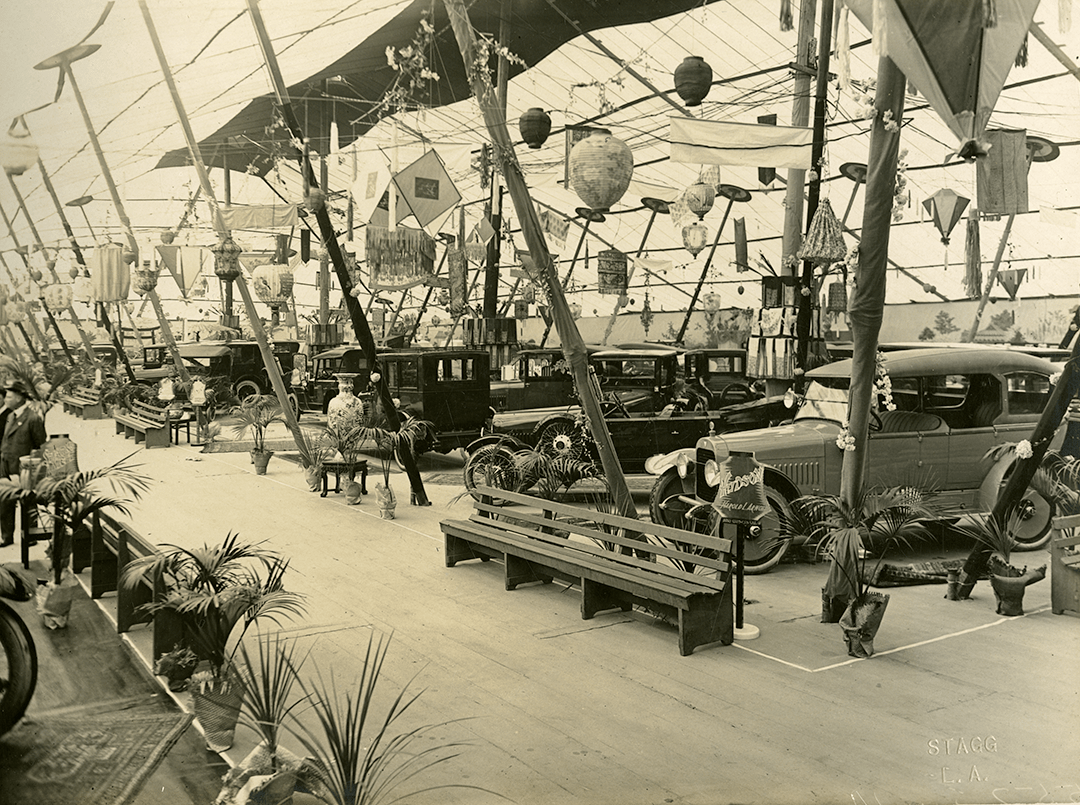
Autoshow 1919
With more than 150 spectacular vintage images—many never before published—Driving Force brings to life the people who made the automobile an icon of the modern American city. In its pages, readers will discover how the story of the automobile is interwoven with Southern California’s unique topography and sun-drenched climate; a new era of women’s rights and a growing female influence on automobile design; the creation of the Los Angeles Auto Show and the remarkable 1929 fire that threatened to destroy it; and how car dealers launched beloved L.A. radio and television stations, including KNX, KFI, and KCBS-KCAL.
Click Here for all Driving Force Events and News
As car collector extraordinaire Jay Leno explains in the book’s foreword, “In Driving Force, Darryl Holter shows that auto retailers connected manufacturers to buyers, changing America and shaping the history, economy, and culture of Los Angeles.”
To preorder Driving Force, visit Chevalier’s Books or Angel City Press.
Events surrounding the launch of Driving Force will be announced soon.
Driving Force: Automobiles and the New American City 1900–1930
By Darryl Holter with Stephen Gee Foreword by Jay Leno
Released and edited by Angel City Press ISBN 978-1-62640-123-5
224 pages, 150+ historical images 9” x 9” / Hardcover
MSRP $50.00
Click Here for all Driving Force Events and News
Follow Darryl Holter Music
Recent Posts
Darryl Holter
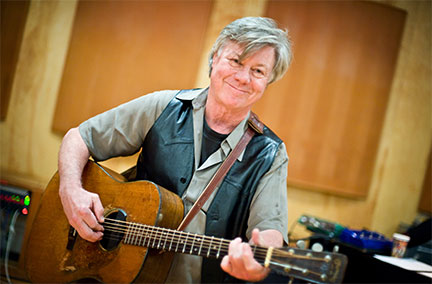
Darryl Holter grew up playing the guitar and singing country and rock and roll songs in Minneapolis, Minnesota. His current brand of Americana music draws from country, blues and folk traditions and often tells stories about people, places and events.
Besides his music, Holter has worked as an academic, a labor leader, an urban revitalization planner, and an entrepreneur. Darryl Holter is also a historian who has written on Woody Guthrie and a contributor to the Los Angeles Review of Books.

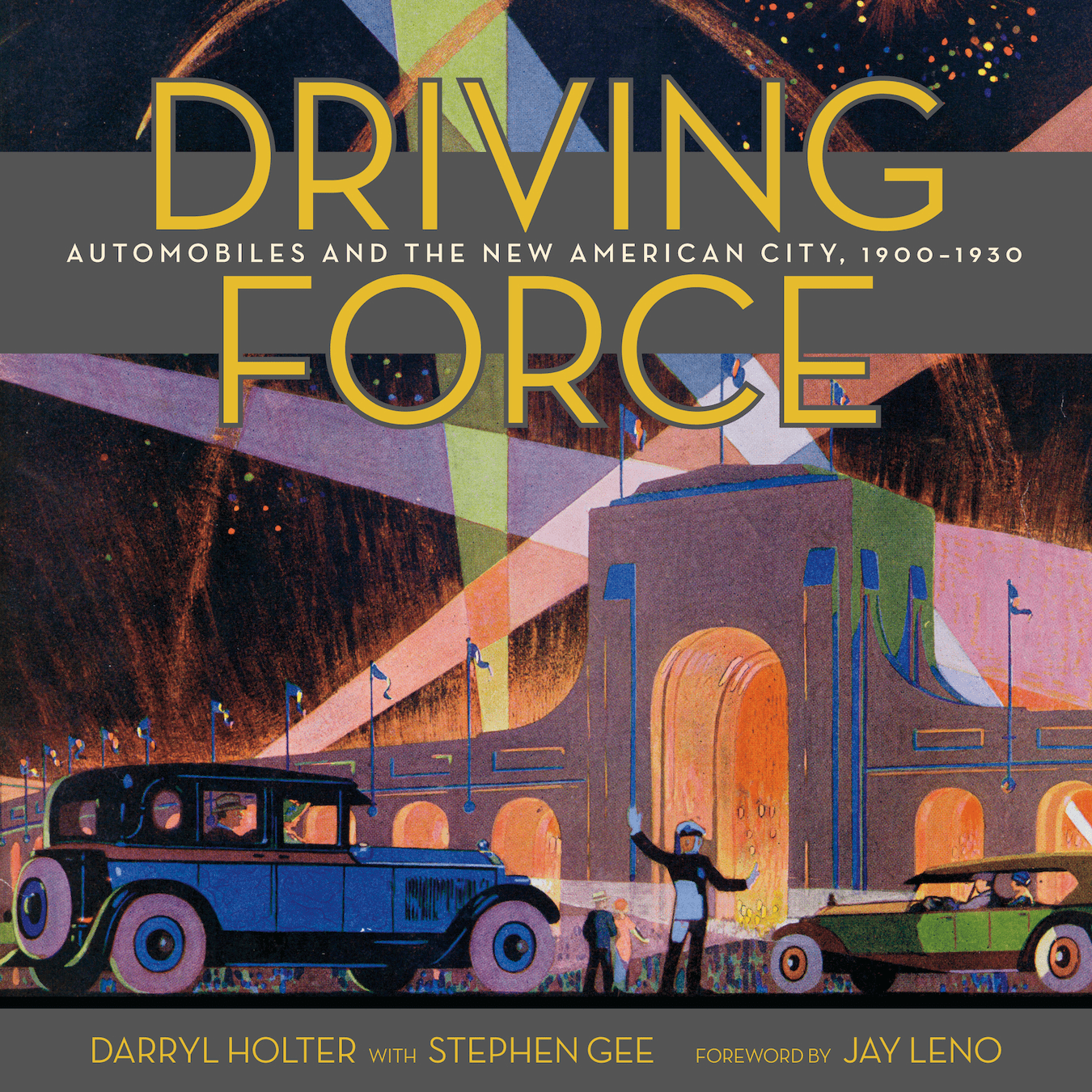
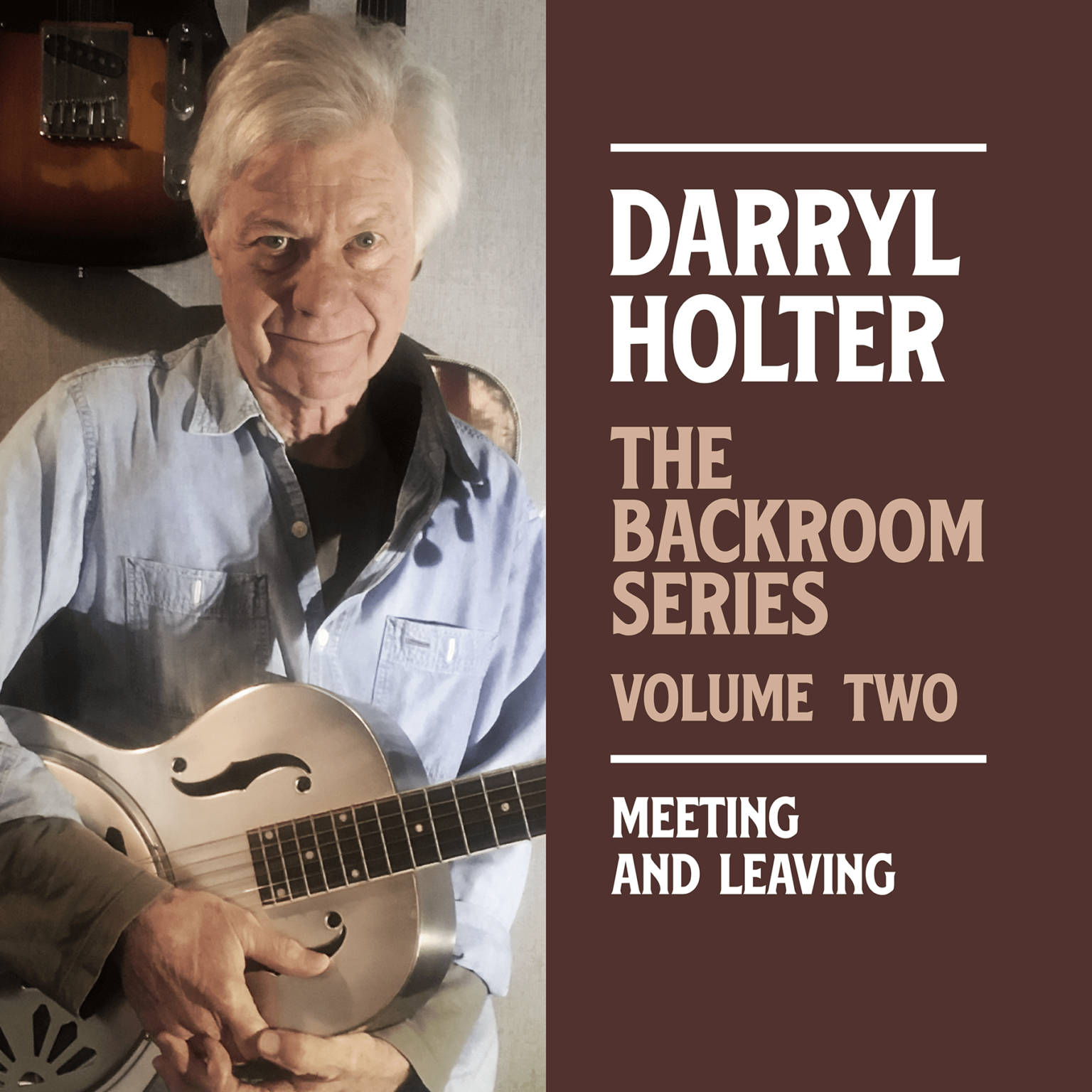
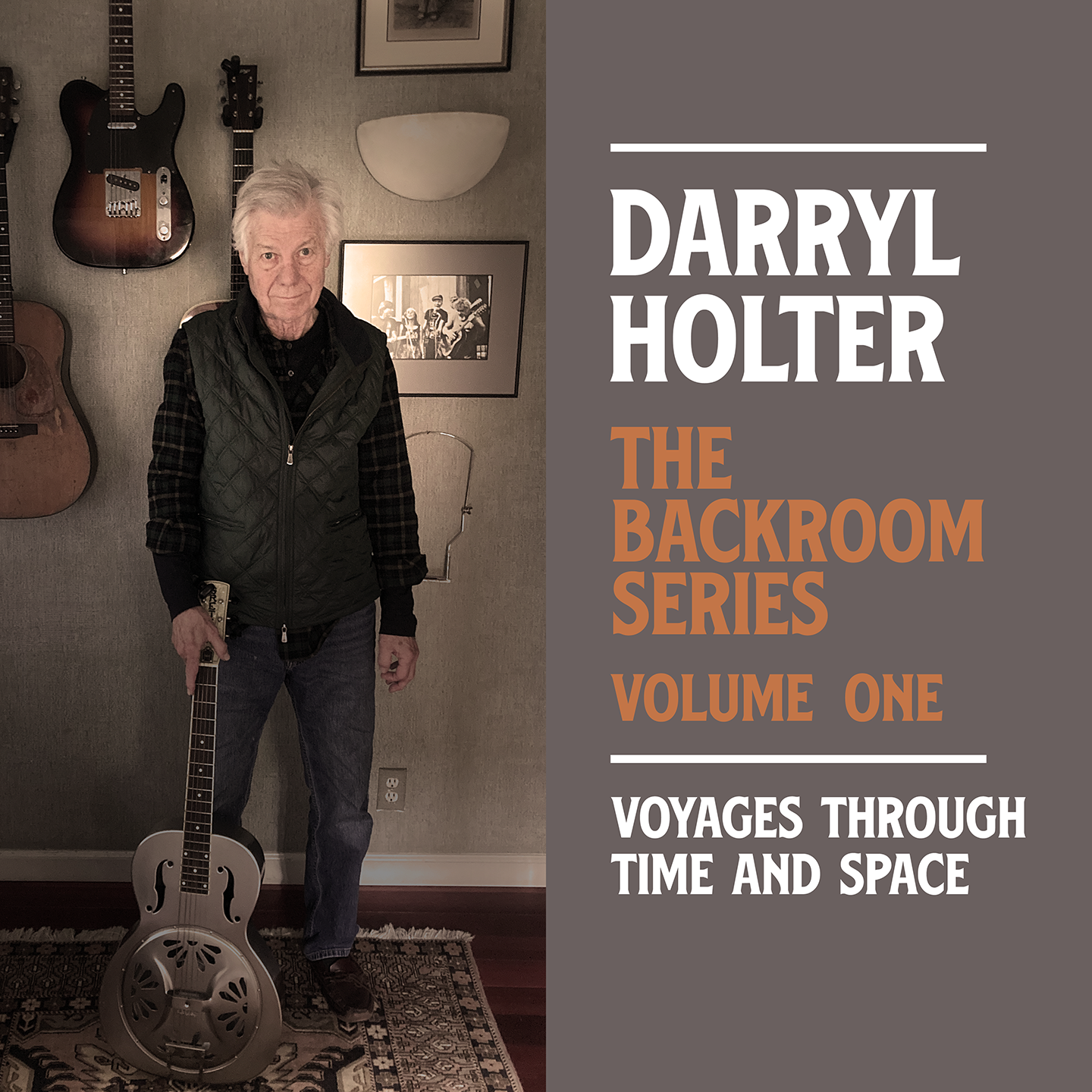
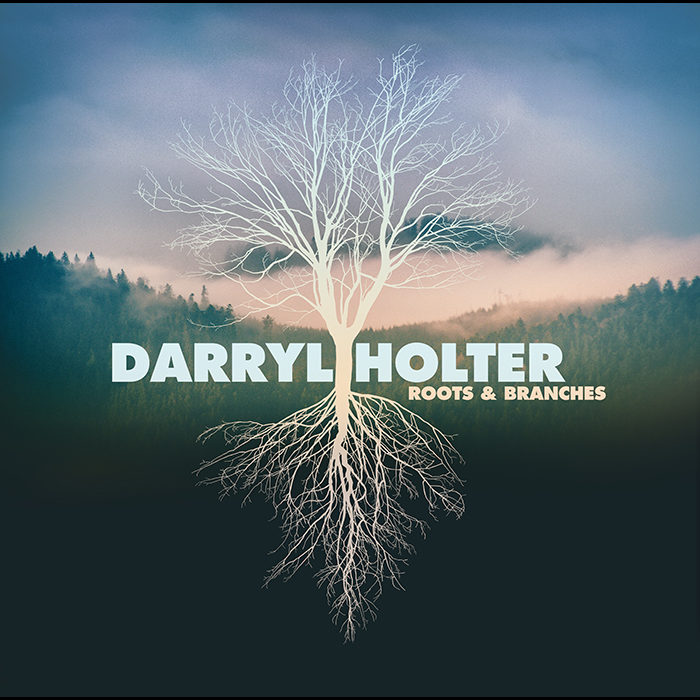
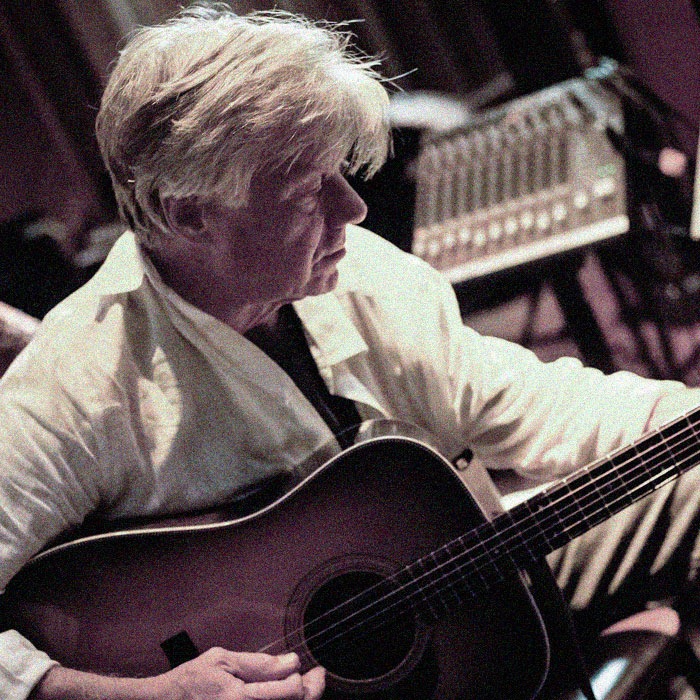
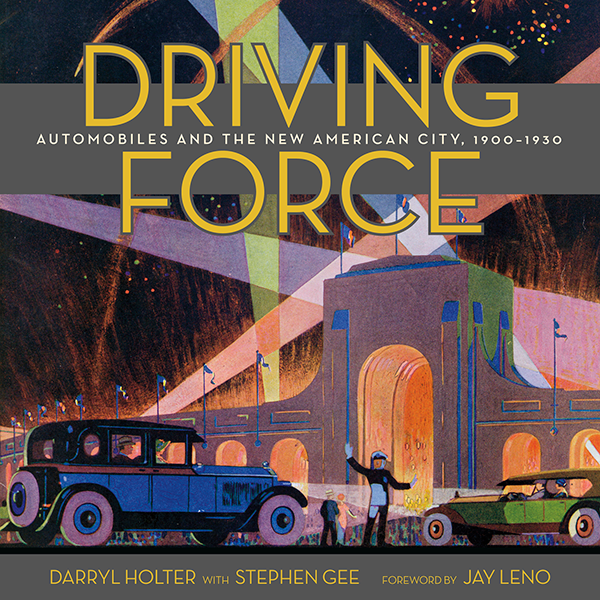
 Darryl Holter grew up playing the guitar and singing country and rock and roll songs in Minneapolis, Minnesota. His current brand of Americana music draws from country, blues and folk traditions and often tells stories about people, places and events.
Darryl Holter grew up playing the guitar and singing country and rock and roll songs in Minneapolis, Minnesota. His current brand of Americana music draws from country, blues and folk traditions and often tells stories about people, places and events.